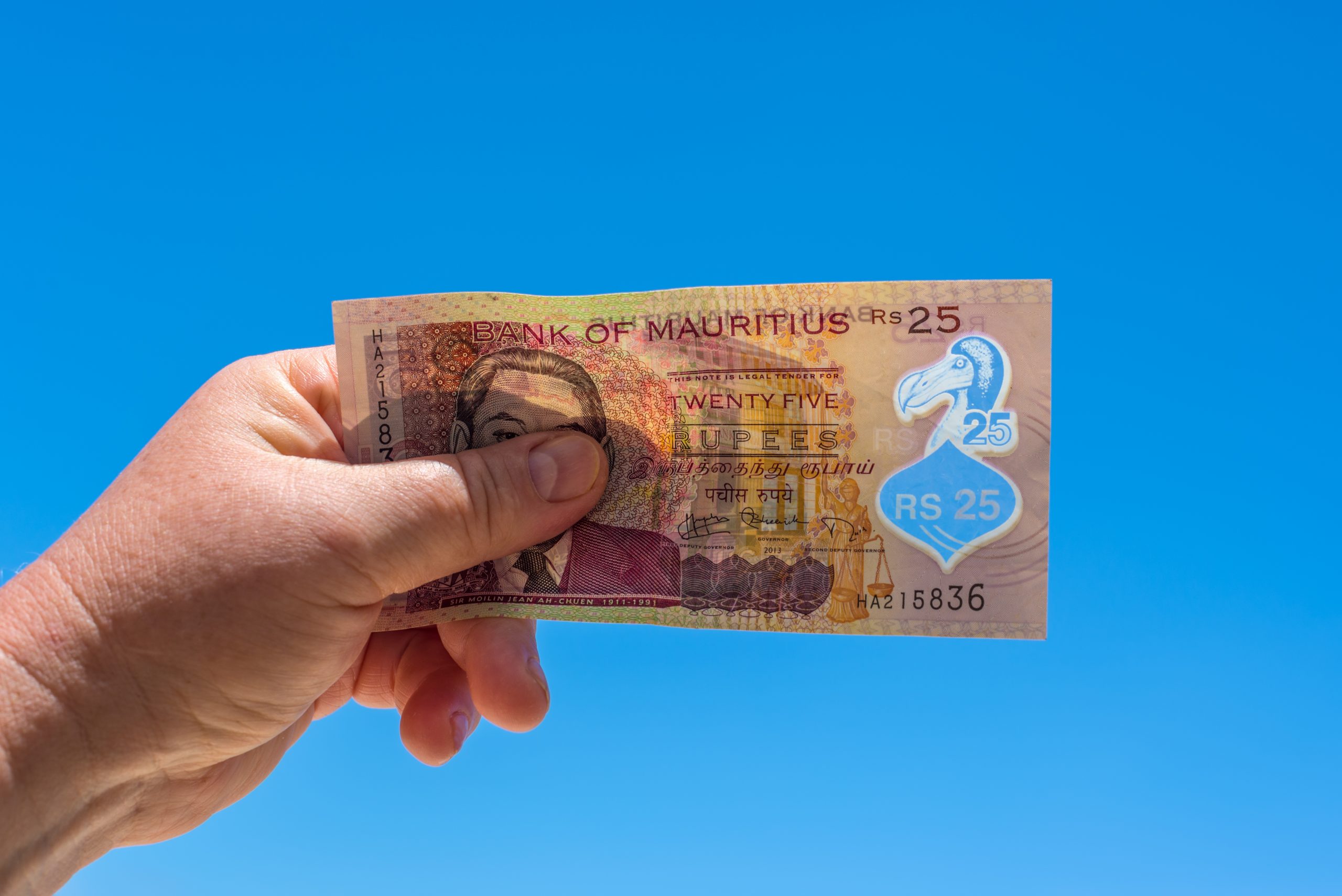African Indian Ocean island nation Mauritius has increased its key interest rate for the first time in over a decade as it anticipates Ukraine’s war piling on inflation pressures in 2022. This hike is the first ever since 2011.
“The monetary policy committee raised the rate from 1.85% to 2%,” said Central Bank of Mauritius Governor Harvesh Seegolam during an interview in the country’s capital Port Louis. While the committee expects the economy to expand 7% to 8% this year, the improved outlook will allow the central bank to shift its focus to curbing inflation.
“We are very concerned by the inflationary pressure building in the country,” said Seegolam. The decision to hike was made “in the face of heightened risks to inflation while continuing to promote macroeconomic conditions conducive to recovery,” he added
Port Louis’ inflation surged to a 16- year high of 9% in February and is expected to average to about 6.7% this year which will be influenced further by the Russia-Ukraine war if all factors remain constant.
In spite of the difficulties faced since the global outbreak of the COVID-19 pandemic, figures for the Export Oriented Enterprises sector for calendar year 2021 showed that Mauritius still remains a reliable source market for several countries.
The EOE sector contributed about 4.4% to Gross Value Added and it accounted for around 70% of total exports, excluding sugar. As at September 2021, the EOE sector comprised of 234 enterprises and provided employment to 35,647 workers, including 15,525 expatriates which made Mauritius a good economy to invest in spite of the inflation standing at 5.15% at the time.
While the central bank of Mauritius expects more recovery for its tourism dependent economy, after reopening its borders on Oct. 1 to vaccinated tourists, the closure of its borders to tourists in 2020 led to Mauritius’s worst contraction in four decades
Mauritius is a known net importer of fuel and food from the two warring nations. This is likely to increase pressures on both due to currency weakness caused by sanctions on Russia, the world’s second largest oil exporter. The fighting between Russia and Ukraine has halted transport and closed major ports which has greatly affected wheat exports from the both nations.

